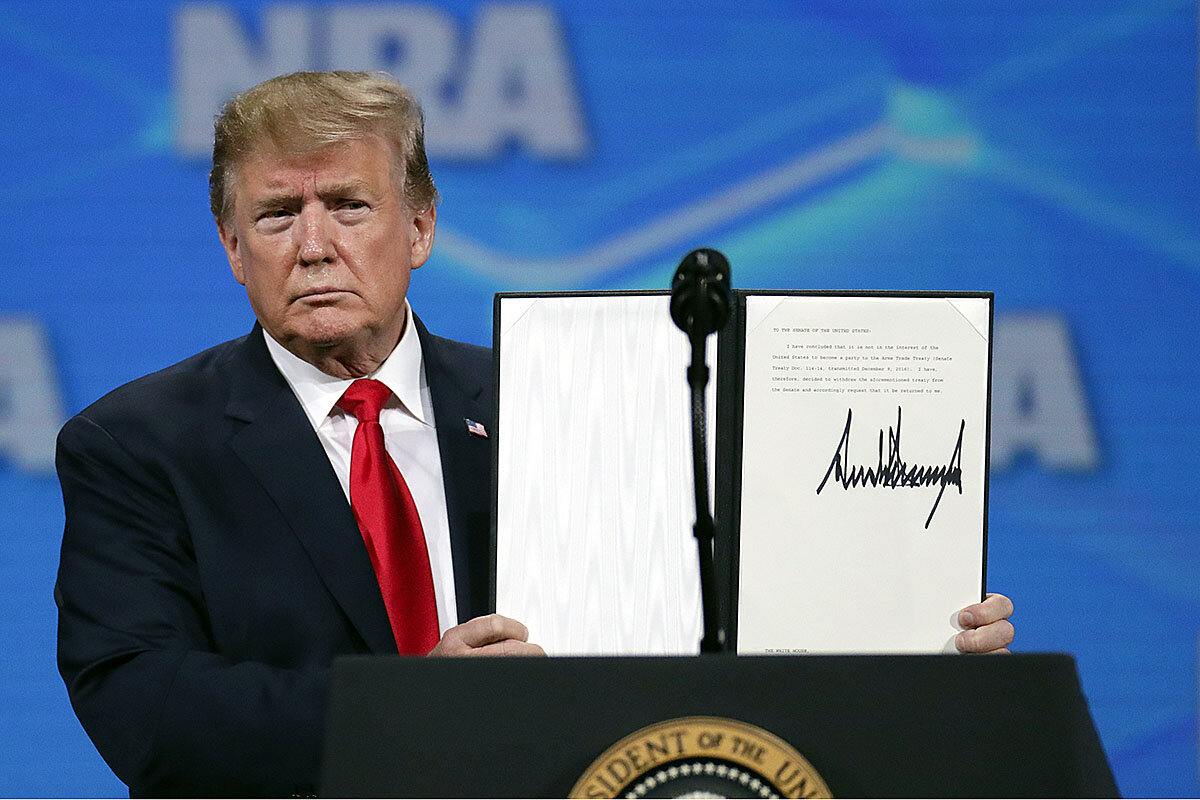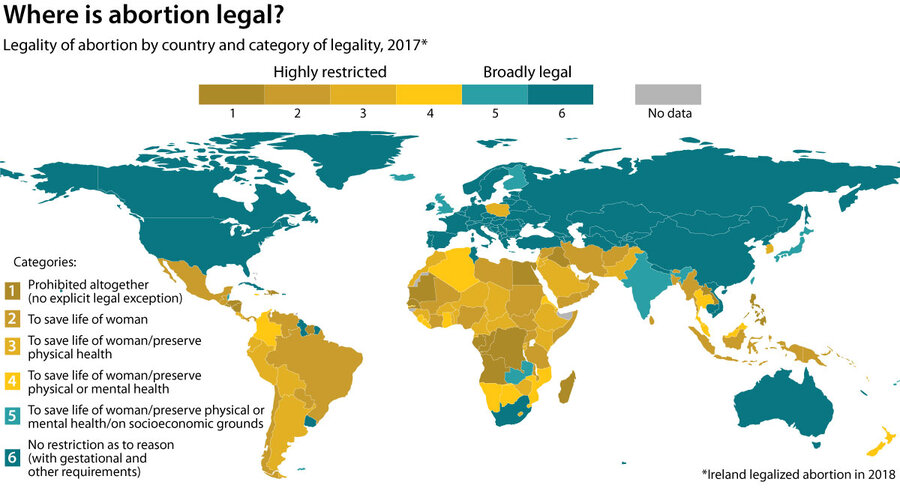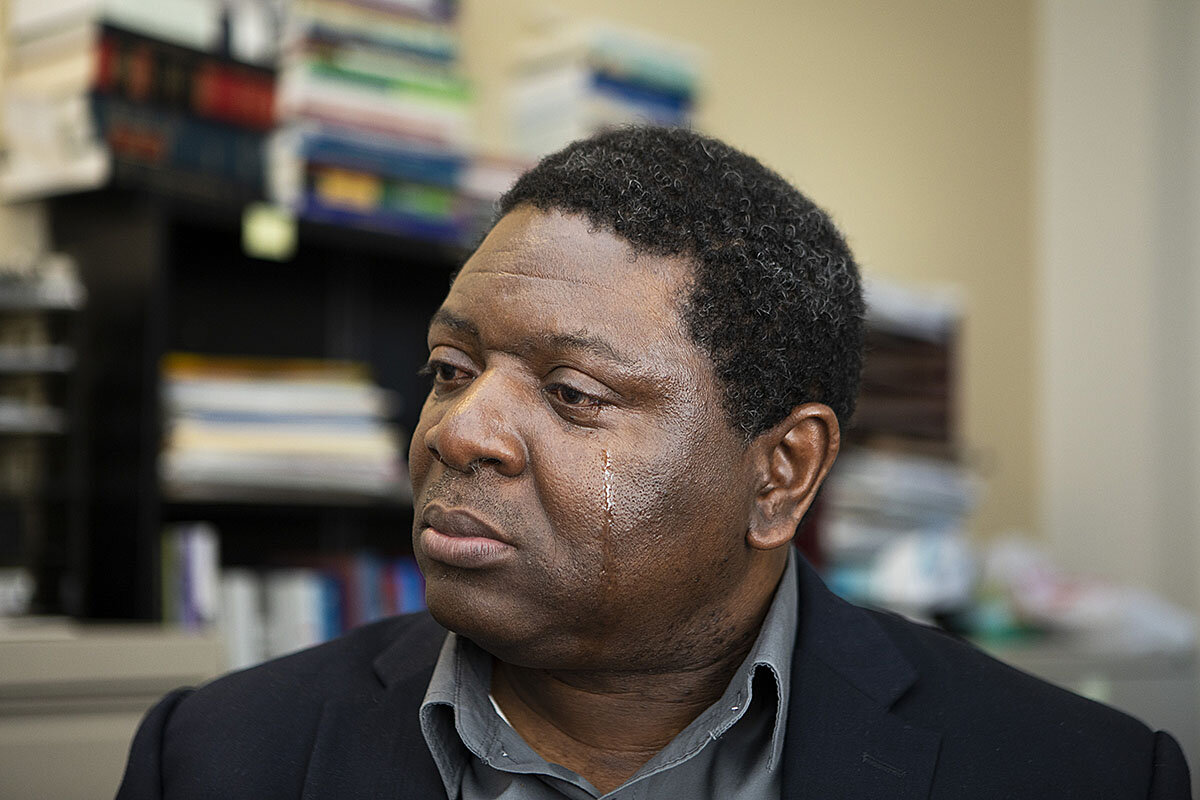Do international treaties enhance U.S. security or limit its power? That’s been a core issue under President Trump that is perceived differently by his base and U.S. allies. We look at a case in point.
Monitor Daily Podcast
- Follow us:
- Apple Podcasts
- Spotify
- RSS Feed
- Download
 Clayton Collins
Clayton Collins
It’s easy to dismiss monarchies – of which dozens remain, some of them purely ceremonial – as odd crystal bubbles around bloodlines in an increasingly less hierarchical world.
Some of the buzz around the rise of Japan’s Emperor Naruhito after his father’s abdication last month was about the smothering effect of role-based tradition on the new empress, Masako Owada, a former diplomat educated at Harvard and Oxford.
Still, roles shift. Values shift. Royals can earn relevance by taking nonpolitical stands on issues that matter. Charles, prince of Wales, used to be outspoken mostly about his stiff distaste for modern architecture. Last week, he and the Duchess of Cornwall met with refugee women in Berlin to talk about vocational training, as they have in Greece and Jordan.
Jordan’s Queen Rania is herself a credible advocate for cross-cultural outreach and women’s rights.
This evolution, really, is women-led. Diana, princess of Wales, was closely associated with efforts to rid the world of landmines. Today Britain’s newest royal mom, the Duchess of Sussex, has deepened a conversation about race and culture and opened the door to broad social influences on parenting and beyond.
“Thankfully, Meghan [Markle’s] clique couldn’t be farther from the sort of dodgy confidantes royal women have tended towards,” writes Harriet Walker in The Times of London. The duchess’s influencers? The likes of Amal Clooney and Serena Williams, Ms. Walker suggests.
“We think of monarchies as if they were anchored in the past,” University of Pennsylvania researcher Mauro Guillén tells Knowledge@Wharton, “but in fact they do change, and they do adapt, and they do evolve.”
We’re watching the stock market roil after an announcement of unspecified countermeasures by China in retaliation for U.S. moves on tariffs. Now to our five stories for your Monday, including a look at abortion-debate rhetoric and at the courage behind one activist’s fight for Liberians’ land rights.











